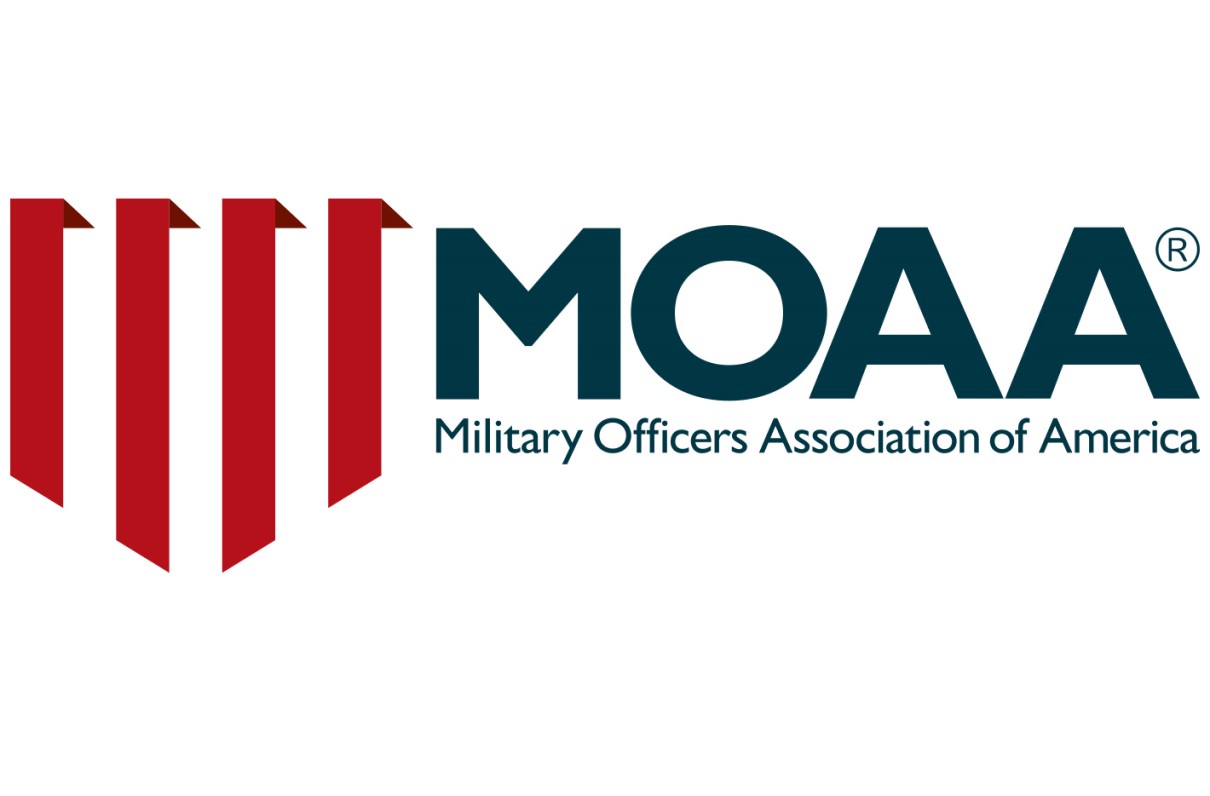How should a military officer respond when someone asks: “So, you're transitioning?” or “What kind of position are you looking for?” If you have an elevator speech - also known as a 30-second commercial - prepared, you'll feel ready and confident to answer those questions.
Failure to prepare response in advance can leave you unable to effectively communicate something substantive about yourself. This doesn't mean you're not serious about your job search, it just means you're not as prepared as you could be - not the kind of situation you want to be in when competing with a host of qualified candidates.
Networking is the most important aspect of your job-search activities. Of the total amount of time you spend searching for employment, approximately 25 percent of your effort should be devoted to developing your résumé and meeting other administrative requirements, while the remaining 75 percent should be apportioned to networking. When you meet with networking contacts, recruiters, and prospective employers, having an elevator speech allows you to ensure you consistently and accurately will provide your listeners with the information they need to know about you. Developing an elevator speech in advance - and practicing it - ensures you will have an arsenal of responses ready and you will never be caught unaware, particularly when an unexpected opportunity knocks at your door.
Putting together an elevator speech is easy for transitioning servicemembers and veterans. Follow these five steps:
- Know your audience. It is best to target your speech to the employer or industry needs.
- Create a bullet outline of your speech, taking into consideration what you have to offer and what you want others to know about you. What are your key strengths? What problems are solved by the utilization of your skill set? How can you be a valuable asset to a potential employer?
- Take each bullet and expand it into a sentence. Then review what you've written to ensure it flows.
- Cut out any unnecessary words. You ideally want to keep the full speech to no more than one minute. Don't trap listeners in a long-winded tale about your entire life history.
- Practice. The more comfortable you are with it, the less awkward and forced it will feel.
You'll find it simple to modify the speech based on the person with whom you're speaking. For example, your next-door neighbor might get a slightly different version of it than the new business contact. But, you'll have ample opportunity to hone your delivery by using it at career fairs, networking events, informational interviews, and even the grocery store. Begin your elevator speech by introducing yourself by name, and then keep it in a conversational tone. Don't forget to smile and be yourself!
A polished approach provides a quick summary of your military skills and qualifications in a way that allows you to say who you are, what you're interested in doing, and how you can be a resource to your listener. It's a great investment of your time that will boost your confidence, positively influence your networking effectiveness, and accelerate your career transition.

